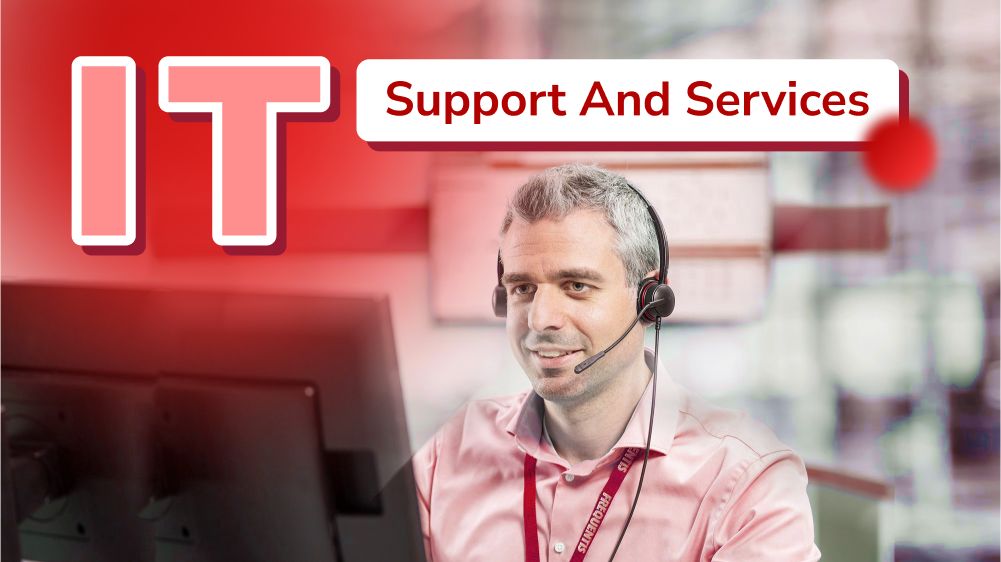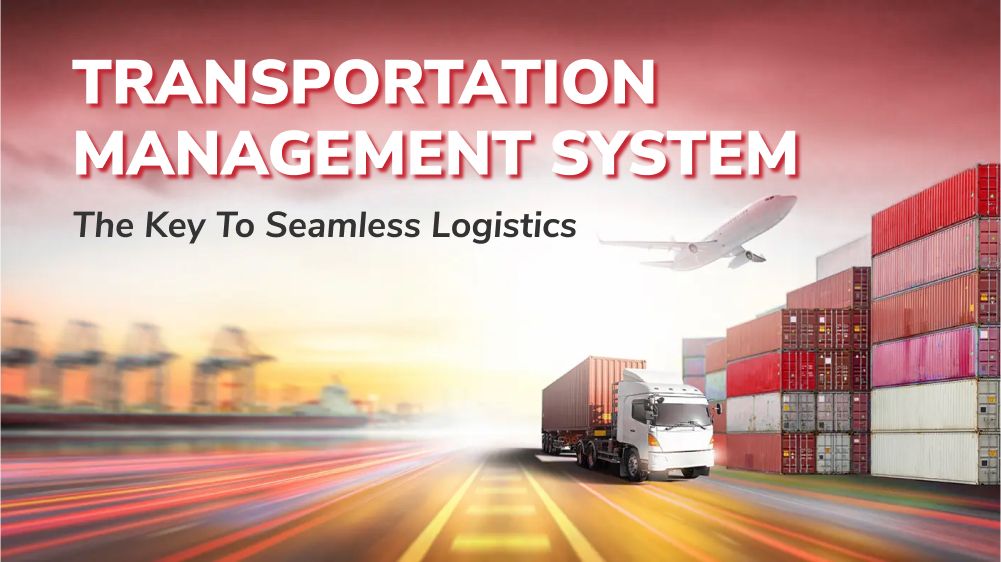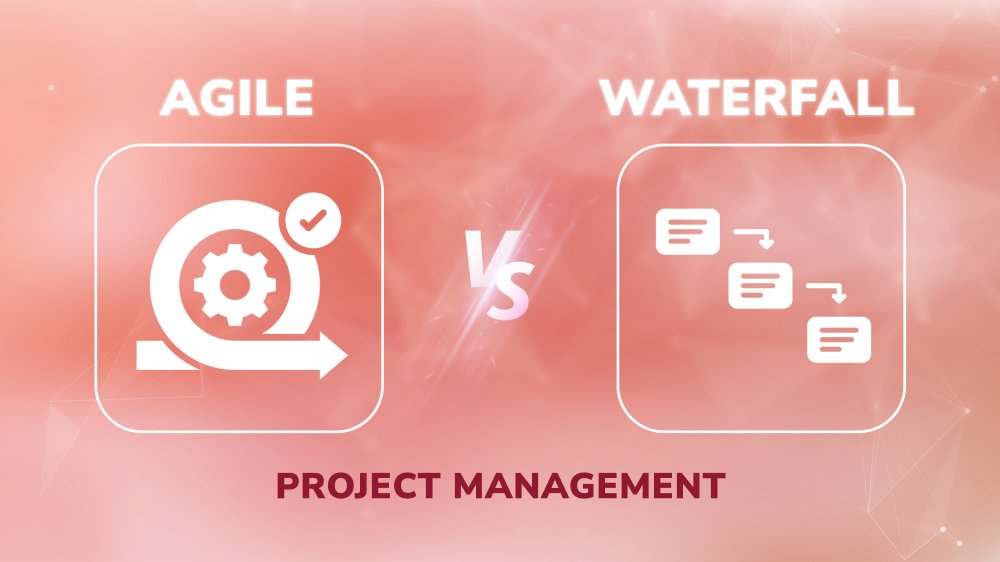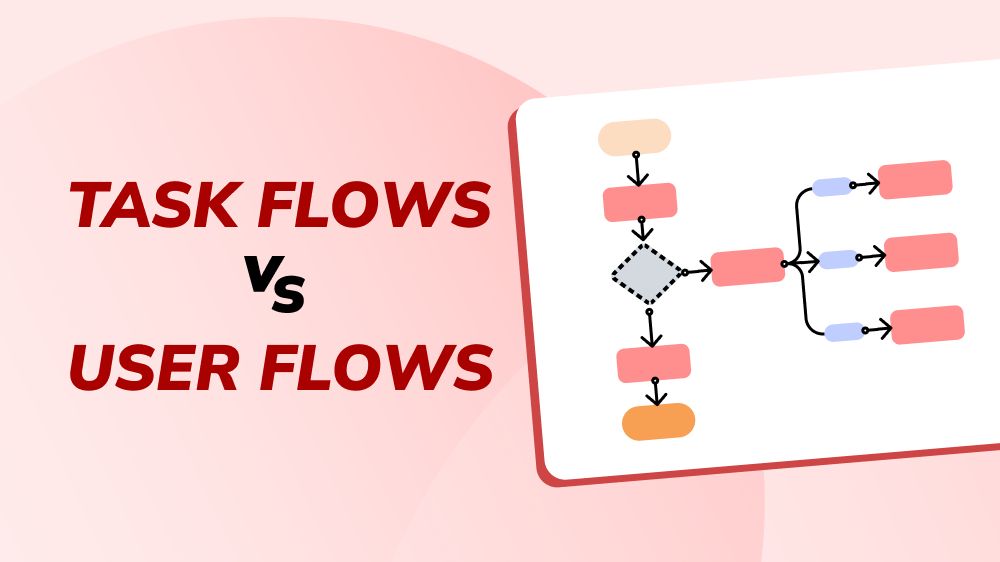
Benefits of CRM Software: 7 Ways CRM Software Help You Reach Your Goals
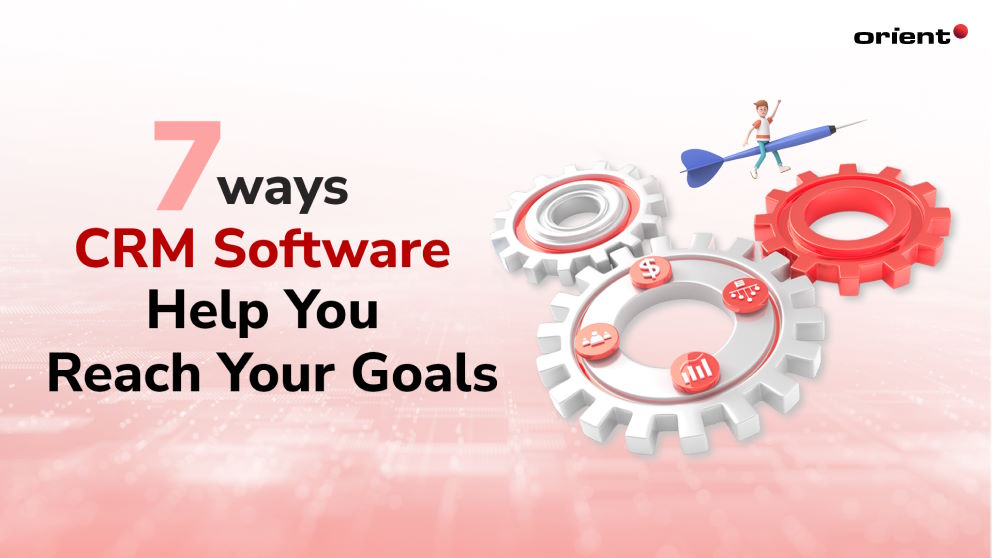
Content Map
More chaptersStrong customer relationships should be every business’ core value. Not only is it the key to long-term success but being able to connect with your customers on a deep level leads to a better understanding of their demands and problems and gaining their loyalty.
The natural follow-up question, then, is, how do you build trustworthy relationships with your customer base? In what way or what kind of tool will help you achieve consistent, personalized interactions while streamlining your business operations at the same time?
The answer is nothing else but customer relationship management (CRM) software. This article aims to list and elaborate on the major benefits of CRM software and why all successful businesses depend on it.
What Is a CRM?
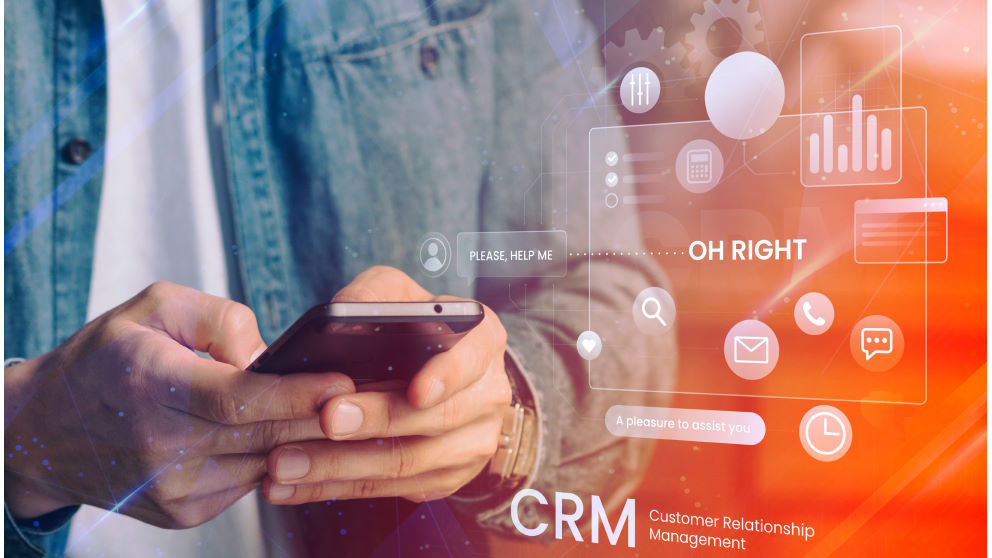
Definition
CRM stands for customer relationship management. It’s a technology that helps companies manage all their relationships and interactions with their customers and prospects. The goal of CRM is to improve business relations. A CRM helps companies stay in touch with their customers, streamline their processes, and increase their bottom line.
CRM Software Examples
CRM systems are common tools no matter the business size. Some of the most currently popular CRM software include:
- SEMrush CRM: SEMrush offers a CRM for digital marketing agencies, freelancers, and consultants. It helps track and manage customers, organize information, set tasks, track projects, and create client portals for collaboration.
- Salesforce: Salesforce is a popular SaaS CRM tool for enterprise companies with large customer bases. Customer 360 offers apps for different stages of the customer journey. Some of its features include artificial intelligence (AI), real-time analytics, data visualizations, and shared views for cross-team collaboration.
- HubSpot: HubSpot is a CRM platform with hubs and integrations for a customized experience. It started as a sales CRM and now includes marketing, service, CMS, and operations products. It helps businesses attract, convert, and retain customers with various features.
Top CRM Features You Need to Pay Attention to
Contact Management
It is at the heart of any CRM system. This function helps businesses centralize and organize customers’ and prospects’ personal information to best cater to their needs.
A 360-degree view of your customer profile involves their demographics, interactions with the sales team, marketing or customer service departments, social media connections, and so on. The data provides you with valuable insights and helps you improve future service and interactions.
Track Interaction
Also serving as data collection software, a CRM solution is a great tool to help you build a historical database with data like messages, recordings, and even invoices for each client.
Third-party Integrations
Your CRM solution should make integration with third-party tools easy. Examples of such software integrations are email client integrations to fill in customer information into your CRM system automatically and business phone systems, or social media accounts to track and personalize interactions easily.
Sales and Marketing Automation
CRM solutions automate several tedious processes, including recording customer interactions, immediate replies to lead generation forms, and automatic booking features for interested prospects.
Task Management
A good CRM does more than simply tracing and tracking. It will also act as a tool to help your employees effectively manage their daily tasks.
Mobile CRM
A cloud-based CRM gives you access to your customer data anywhere and anytime. What is better than having such access right on your mobile phone? A mobile phone allows your sales reps - who are frequently on the go - to update sales quotas and reports quickly. According to a Nucleus Research study, 65% of businesses that use mobile CRMs are hitting their sales targets.
CRM Benefits
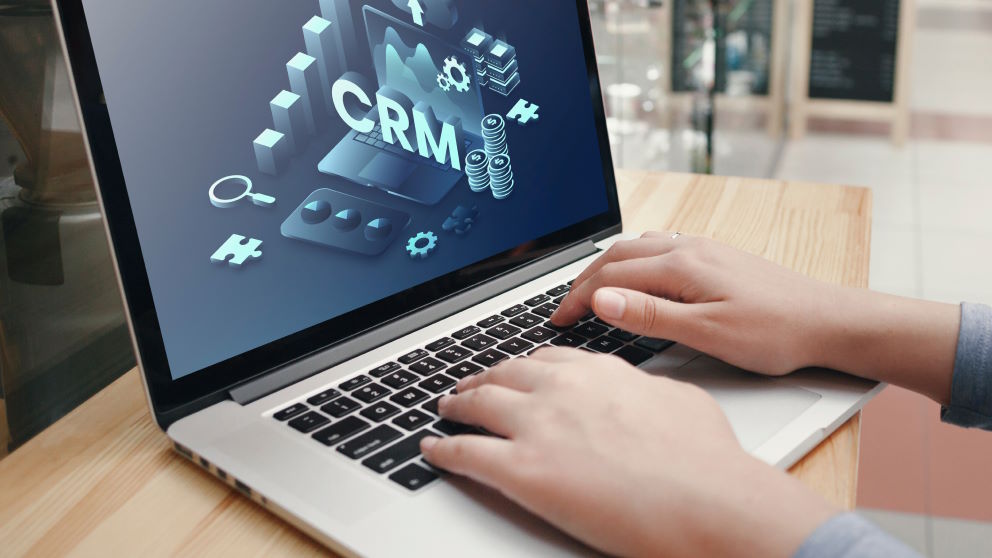
The benefits of CRM are vast and diverse, but they all revolve around elevating one or all the following business aspects: customer retention, customer satisfaction, and sales revenue.
Customer Insight
A survey by Resco has found that 74% of participants felt that customer relationship management software made it easier to access customer data. 64% of respondents said it enhanced relationship management.
It is undeniable that data plays a vital role in a business’s growth. However, data only becomes useful and valuable once it has been organized and analyzed. This is exactly what CRM tools do for you: a central place for all your data. The software provides you with a holistic view of your customers, including their names, emails, phone numbers, birthdays, etc., and presents all your customer data in a consolidated and comprehensive view.
Most CRMs also provide users with a single dashboard where you can customize the view. You can group your customers according to their locations, for example, or their purchasing history. All the reports and dashboards are made available to all customer-facing departments, so not only your sales team but other teams are given the ability to provide customers with personalized communication to ensure customer satisfaction.
Customer Segments

Robust customer relationship management tools let you group and tag your customers based on shared characteristics. There are many ways that you can go about this, including:
- Demographic segmentation
- Geographic segmentation
- Psychographic segmentation (Interest, personality trait)
- Behavioral segmentation (frequent purchases, recent engagements, etc.)
- And so on.
This specification in your customer base assists with specific marketing campaigns and sales efforts to win new customers. Additionally, segmentation also helps with enhancing customer loyalty and overall customer experience.
Interaction Management
With the request from 80% of the CRM users, the ability to track customer interaction is the second most desired feature from a CRM platform (the most requested feature is contact management).
Have you ever stepped back to think about how you interact with your customers? It doesn’t matter how many consumers you communicate with—whether they are existing customers or new ones—what matters is the quality of those interactions.
How does CRM software, however, help you achieve quality interactions? CRM platforms help you capture all the interactions and manage communications both internally and externally. As sales teams closely follow the buyer’s journey, they can provide customers with consistent and proactive communications and meet customers’ demands.
Stronger Collaboration
CRM software stores all the data you need to know and understand your customers better: Their contact information, purchase history, interactions with different teams, and other specific notes. A centralized database means that everyone has access to the same, most up-to-date information. Other than data transparency, most CRMs provide users with built-in collaboration and communication tools as well as integrated ERP systems.
By authorizing employees to access the cohesive systems, businesses can facilitate an improved collaboration between employees from different departments. This results in data transparency, and authorized employees can easily follow procedures such as monitoring the sales process. Not only does this boost overall productivity, but it also frees up employees’ time and space to focus on providing customer-centric experiences. There is no need for them to go back and forth to collect essential, scattered data, allowing them to provide a seamless experience to customers.
Automate Tedious, Repetitive Tasks
CRM software is more than a simple data storage tool. The technology comes with features that automate mundane, boring tasks for you.
- Gone are the days of manually logging calls, emails, and interactions with customers. Let the CRM software take care of those tasks for you.
- CRM systems are a great tool for automating customer-centric processes. For example, instead of sending out thousands of emails by hand to ensure your customers don’t forget about you, use CRM to notify customers about the newest discount program. The software collects and makes sense of your data and sends automated messages and emails to specific target audiences. This action can be triggered by customers’ specific activities on your websites.
- Other actions that can be automated include setting reminder schedules, generating invoices and reports, and even customer segmentation.
Sales Forecast
Forecasting sales performance is crucial to any business’ performance. A meaningful sales forecast is made based on informed decisions and not guesswork.
With a CRM, you can pull key metrics and generate reports to have a closer look at the business’ past performances and trends and view your prospect’s touches. From there, you have specific numbers (e.g., monthly recurring revenue or year-over-year growth) to adjust the sales pipeline or do precise budget and production planning.
Better Customer Retention
Acquiring new customers grows your customer base, but earning repeating customers maximizes your ROI. Repeating loyal customers also boosts word of mouth - one of the most effective marketing strategies to exist.
That’s why having CRM software is critical for any business. It not only helps in acquiring new customers but also ensures the satisfaction of existing ones. By utilizing CRM tools, you effectively manage your customer relationships and provide personalized experiences that make them feel valued. You can also gather feedback from them, which improves your products or services and reinforces their loyalty towards your brand.
Elevate Your Business Operations with The Right CRM

All in all, the ultimate goal of CRM software is to keep your customers happy and your sales coming. Implementing any kind of technology feels like a cumbersome task, especially when you think of the process of getting used to all the new systems. However, you can start your CRM journey by changing your mindset - try having a fresh perspective of what the CRM system can do for your business. After all, CRM software exists to serve your business, not the other way around.
Start with a consultation session with the Orient Software team. We have a decade of experience in implementing the best CRM systems to boost your customer retention, customer satisfaction, and sales revenue. Talk to us now.

